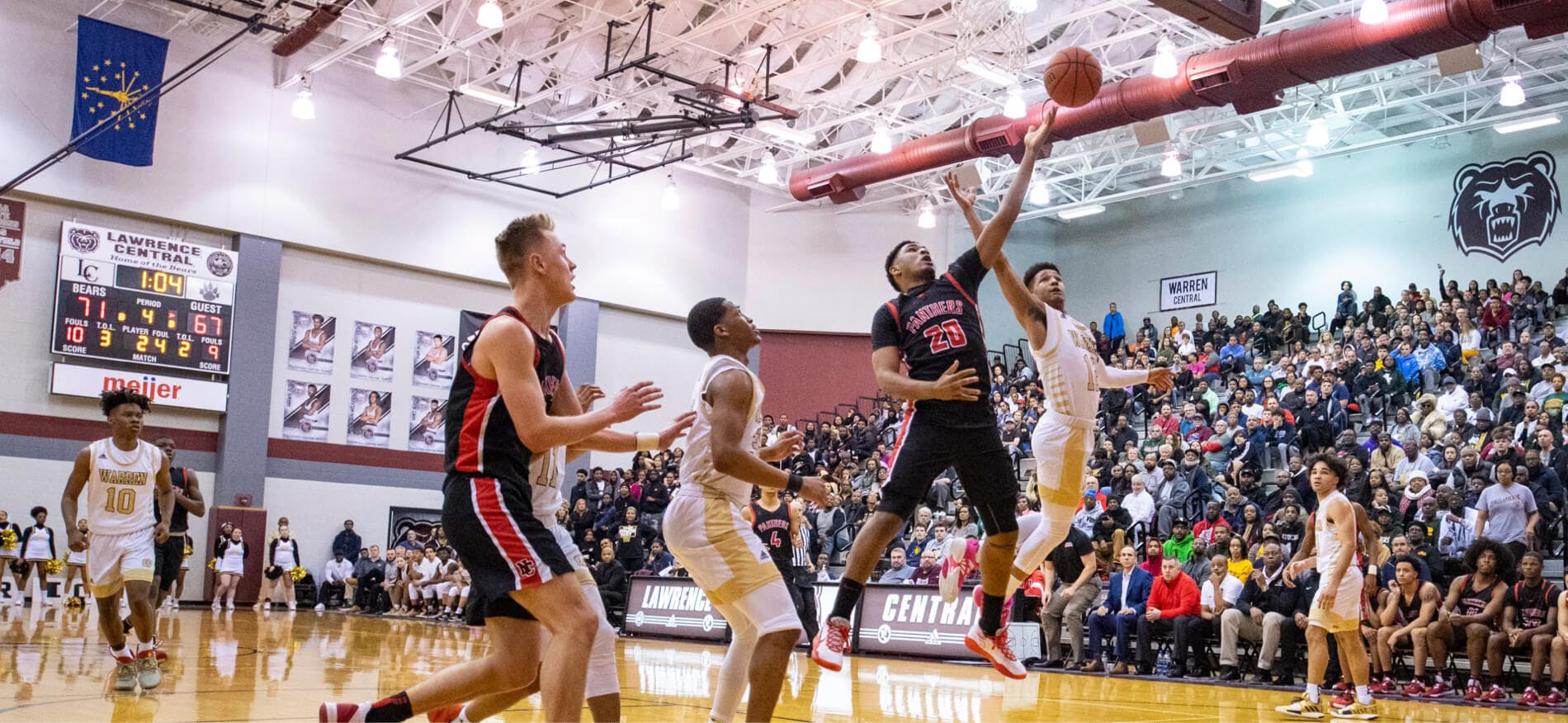Coaching With Emotional Intelligence: Coach-Athlete Communication

Effective communication forms the cornerstone of success in sports, but it goes beyond conveying instructions and strategies. While often overlooked, coaching with emotional intelligence can play a vital role in coach-athlete interactions. In this article, we delve into how emotional intelligence influences communication dynamics and shapes the athlete’s experience.
Understanding Emotional Intelligence
Beyond Words
Emotional intelligence involves perceiving, understanding, managing, and using emotions in oneself and others. Not only does it encompass verbal exchanges, but it also considers nonverbal cues, tone, and empathy. In the same fashion, coaches who are attuned to their athletes’ emotional states can establish a more profound connection, leading to effective communication and rapport building.
To put it another way, check out how Harvard Business School Online defines Emotional Intelligence and why it is important in leadership.
Fostering Trust and Connection
Building Strong Bonds
Emotionally intelligent coaches recognize the impact of their words and actions on athletes’ emotions. By the same token, they create an environment of trust, where athletes feel valued and understood. Equally important, coaches who listen actively and show empathy forge a stronger bond, enhancing the athlete’s confidence and motivation.
As a coach one of the ways you can build this environment of trust is using applications like Allin. It is a free premium team management app that has a hub of communication so you can build your culture the way you want to.
Adapting Communication Styles
Tailoring Approaches
Every athlete is unique, responding differently to communication styles. Coaches with high emotional intelligence can identify these nuances and adapt their approach accordingly. Not to mention, they understand when to provide support, constructive criticism, or encouragement. This flexibility ensures that communication resonates with each athlete, maximizing their growth potential.
Benefits for Athletes
Empowering Athletes
Emotionally intelligent coaches empower athletes to express their feelings and concerns openly. This promotes a positive team culture where everyone feels heard. In the same fashion, athletes become more receptive to feedback, as coaches provide guidance in a considerate manner. This approach not only boosts performance but also fosters mental well-being.
Navigating Challenges and Addressing Conflict
Conflicts are inevitable in any team setting, but emotionally intelligent coaches navigate these challenges adeptly. By all means, they use their understanding of emotions to de-escalate situations and find common ground. Moreover, they teach athletes how to manage emotions constructively, fostering a harmonious team dynamic.
Developing Emotional Resilience and Strengthening Athletes
In conclusion, emotional intelligence is the catalyst for effective coach-athlete communication. By fostering trust, adapting communication styles, and empowering athletes, emotionally intelligent coaches create an environment conducive to growth and success. Moreover, they equip athletes with emotional resilience, a valuable life skill that extends beyond sports.
The Path Forward: Embrace Emotional Intelligence
To conclude, athletes and coaches alike should recognize the importance of emotional intelligence in elevating communication. By being attuned to emotions, understanding nonverbal cues, and fostering connections, the sports experience becomes richer and more rewarding. Embrace the power of emotional intelligence and watch how it transforms coach-athlete interactions for the better.
